How press can survive interactions with police on the skirmish line
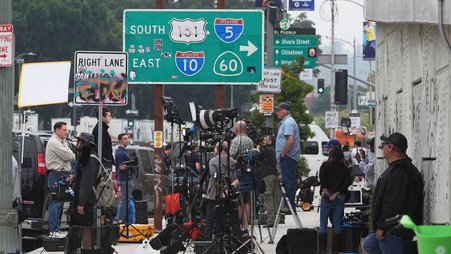

Photo courtesy of Stephanie Keith
Journalists have the right to cover protests and demonstrations.
Protests are one of the most dangerous places for journalists in America. Journalists are routinely prevented from gathering the news, illegally arrested, and attacked by law enforcement and demonstrators.
Journalists have a First Amendment right to cover public protests. Protecting and expanding that right ensures that the public can learn what’s happening at protests and how they are policed.
Federal agents are assaulting journalists across the country. Congress needs to speak out.
U.S. Immigration and Customs Enforcement has been assaulting journalists around the country, from reporters in Chicago who were shot with pepper balls to a reporter in New York who was slammed to the ground and needed to be hospitalized. Tell Congress to take a stand and demand answers.

A coalition of 23 press organizations spoke out against the charges — the prosecutor agreed
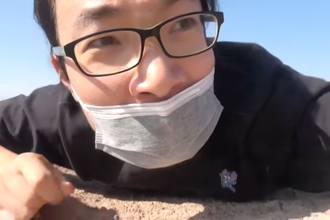
Stop the deportation of Guan Heng
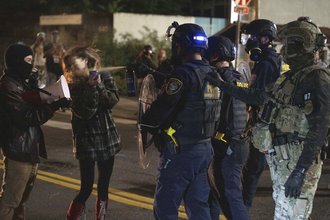
Federal agents in Portland are waging war on the press
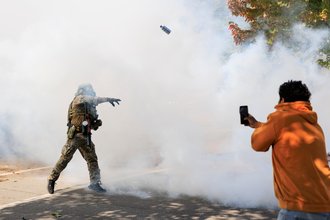
Plus: Administration ignores flotilla abuses
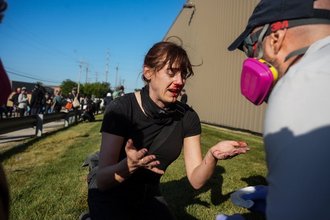
Plus: Tell your lawmakers to strengthen presidential library transparency
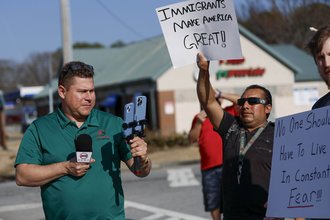
Atlanta journalist faces imminent deportation for reporting the news
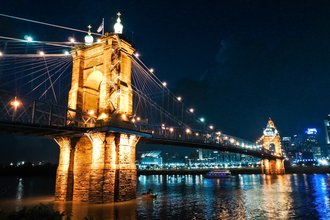
Journalists must not be put on trial for covering protests
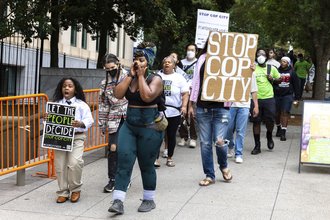
Setback won’t stop prosecutors’ effort to connect imaginary dots between speech and crime
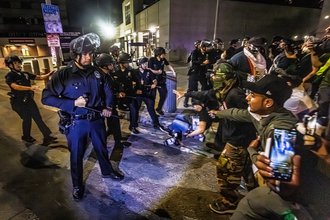
Now the Trump administration is trying to destroy the right to document police by labeling it as an attack
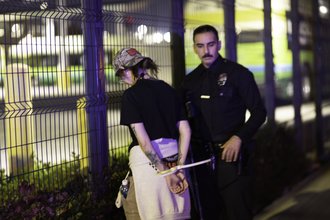
Reporting on the force’s press freedom violations requires more than uncritically repeating the LAPD’s statements
Something went wrong and your email updates subscription could not be processed. Please visit our signup page and try again.
Thank you for encouraging Congress to speak out against ICE’s appalling attacks on journalists.
Share this message on social media: